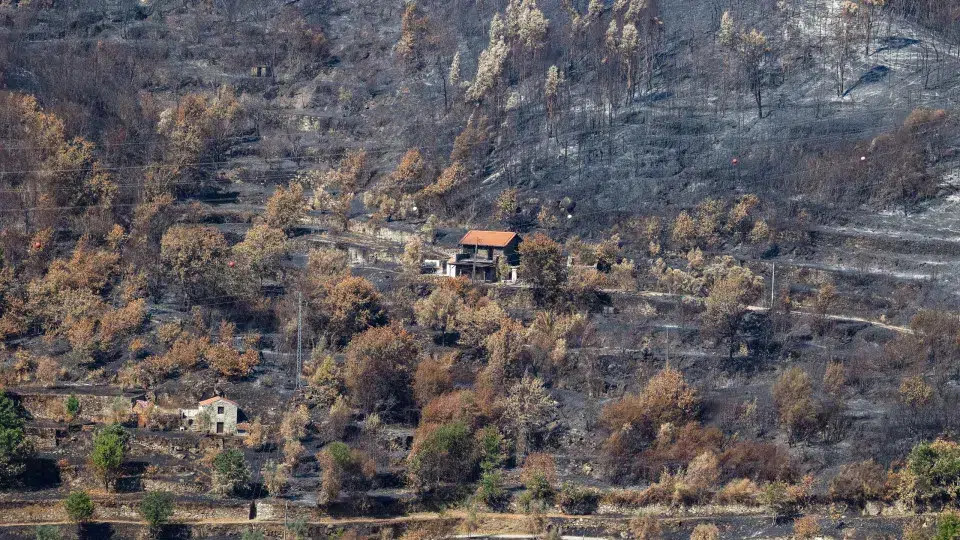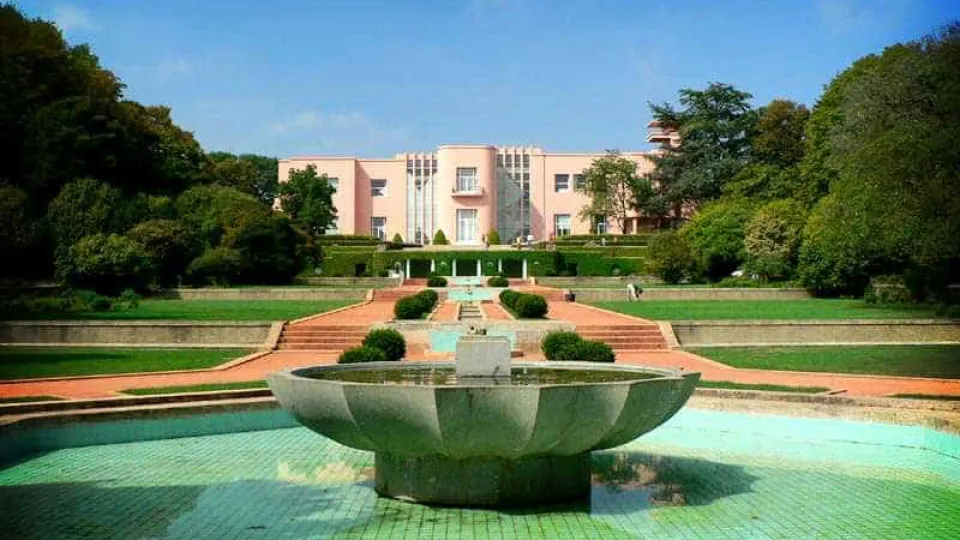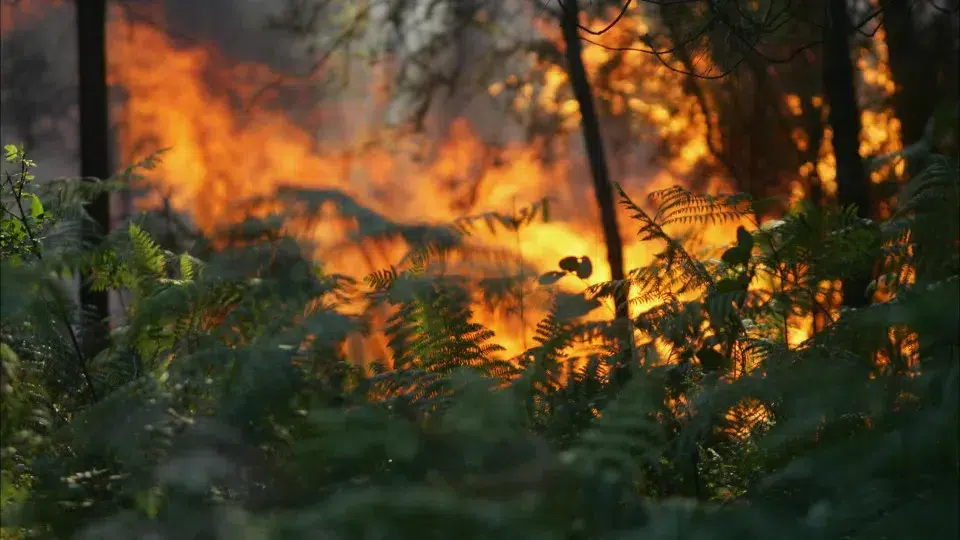
“The super, super urgent ones are already underway, and some are ready. The very urgent ones were signed today and are primarily for retaining ashes to prevent waterline contamination, as well as measures related to securing the soil to prevent erosion and landslides,” stated Maria da Graça Carvalho.
The minister was speaking to journalists after the signing ceremony of 88 program contracts, amounting to approximately seven million euros, involving 58 municipalities and the Portuguese Environment Agency (APA), the Institute for Nature Conservation and Forests (ICNF), and the Climate Agency (ApC).
The ceremony took place this afternoon at the Municipality of Sátão, Viseu district, and hosted 58 municipalities from 12 districts, ranging from Viana do Castelo to Beja.
Maria da Graça Carvalho praised the work and collaboration between local councils and governmental institutions, which “managed, right after the fires, in a few days, to start and finish urgent works, and these contracts are already in the field to protect ecosystems.”
“We are already preparing a second phase, of about 11 million euros, which will focus more on structural nature restoration actions, whether natural restoration or it becomes necessary to plant,” she announced.
Carvalho noted that this amount is for “biodiversity, which suffered losses, and also for some facilities that burned down, such as walkways or facilities at river beaches.”
In the second phase, “the fight against invasive species, like acacias and eucalyptus, among others, which tend to proliferate easily after fires,” will also be addressed.
“This is one of the major concerns on several levels, not only related to fires, from algae to strange fish present in the [Guadiana] river on the Spanish side, so we have several issues to worry about,” she admitted.
The second phase of this funding from the Environmental Fund, the minister stated, “is not restricted” to the 58 municipalities present today in Sátão, as “it will reach others, as it will focus on green parks rather than affected municipalities.”
“It will be slightly different, as it will aggregate groups of municipalities based on protected areas, by parks. We will do one for the Douro International National Park, which suffered greatly in terms of biodiversity and needs nature restoration, and another for the Serra da Estrela Park,” she exemplified.
Maria da Graça Carvalho further noted that this summer’s fires “ravaged the country from north to south, but were particularly severe in seven territories, such as the Guarda district, which burned 30% of the total area.”
“In the districts of Viseu and Castelo Branco, 15% burned, including protected areas and areas with environmental ecosystem value,” with a total “of about 250,000 hectares burned by the end of August.”




